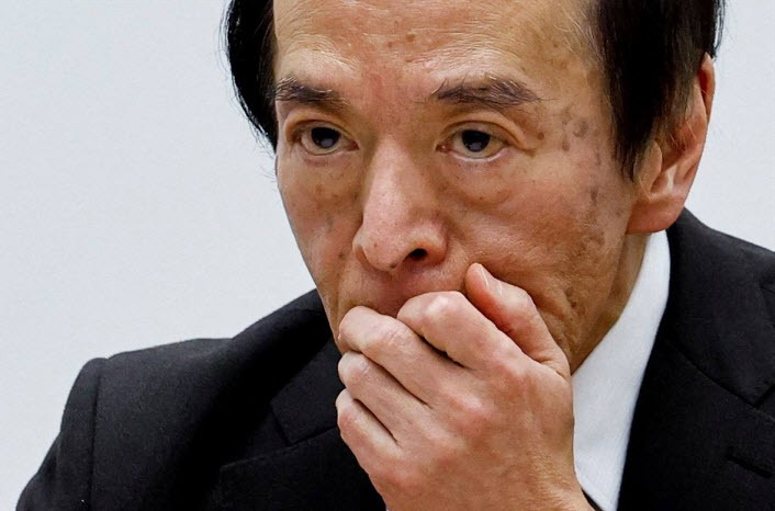Uncertainty Grows Over December Rate Hike
Ueda’s Speech Fails to Signal Immediate Rate Hike
Bank of Japan (BOJ) Governor Kazuo Ueda avoided providing clear hints about a potential rate hike in December during his speech on Monday. Speaking to business leaders in Nagoya, Ueda reiterated that the central bank’s decisions depend on economic activity, price developments, and financial conditions. This data-dependent approach left markets uncertain about the BOJ’s next move.
Ueda emphasized that any policy adjustments would align with Japan’s economic conditions. “The actual timing of the adjustments will continue to depend on developments in economic activity and prices,” Ueda stated. The lack of definitive guidance caused the yen to weaken by 0.5% to ¥155.14 against the dollar. Bond yields also dipped as investors reassessed the likelihood of a December rate hike.

Market Speculation and Reactions
Financial markets had anticipated a more hawkish stance from Ueda, especially given the yen’s recent weakness against the dollar. Juntaro Morimoto, a senior analyst at Sony Financial Group, noted that speculation had been high before Ueda’s comments. “If no signals of a December hike emerge, the yen could weaken further,” Morimoto said.
Overnight-indexed swaps currently price a 54% chance of a December hike, reflecting market uncertainty. The BOJ has acknowledged the importance of clear communication following market volatility after its July rate hike. Despite these efforts, Ueda’s remarks offered little clarity, leaving investors guessing about the BOJ’s next steps.
Balancing Risks and Timing
Ueda underscored the importance of monitoring both domestic and international risks, including the U.S. economy’s trajectory. He suggested that the U.S. might achieve a soft landing, supported by recent positive data. While cautious, Ueda maintained the possibility of future hikes, noting that adjustments in response to economic improvements could support long-term growth.
Masamichi Adachi, chief Japan economist at UBS Securities, interpreted Ueda’s remarks as deliberate caution. “The BOJ likely believes it’s too early to decide on December, but this doesn’t rule out a hike,” Adachi said. Ueda also refrained from commenting on broader geopolitical impacts, such as Donald Trump’s recent election win, citing insufficient data to assess policy implications.
Path Forward for the BOJ
Ueda’s speech reflected a measured approach, avoiding commitment to a specific timeline for policy adjustments. By emphasizing gradual adjustments, the BOJ aims to align its strategy with sustainable growth and price stability. “Gradually adjusting the degree of accommodation will support long-term economic growth,” Ueda stated.
As the BOJ’s December meeting approaches, markets will closely scrutinize Ueda’s tone and Japan’s economic indicators. Investors remain on edge, awaiting signals of whether the central bank will tighten its policy further or maintain its cautious stance.
Our Visitor






 Users Today : 17
Users Today : 17



